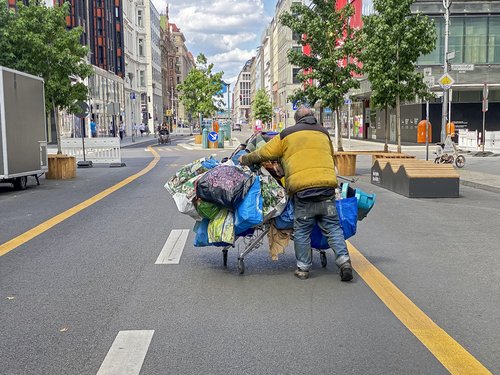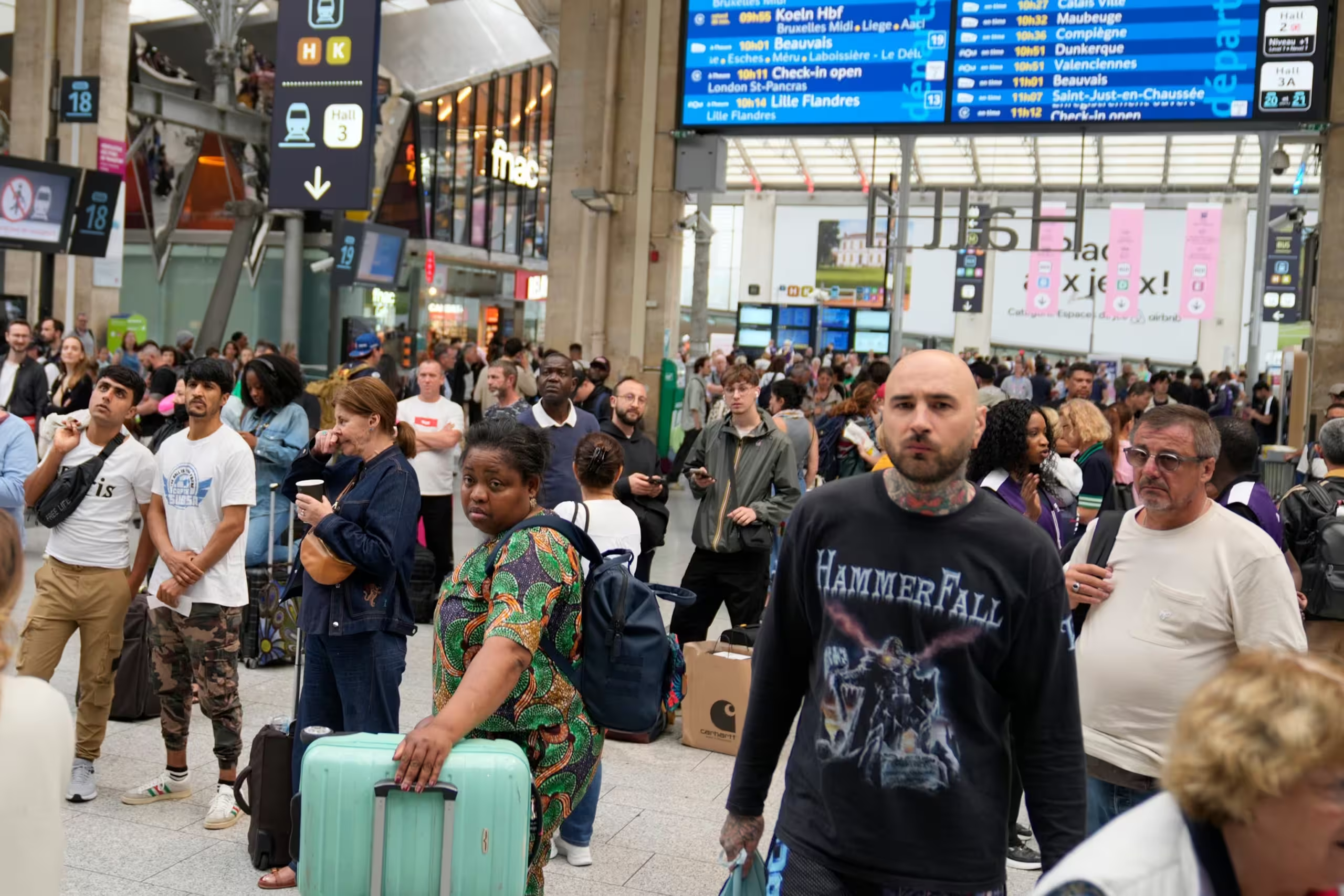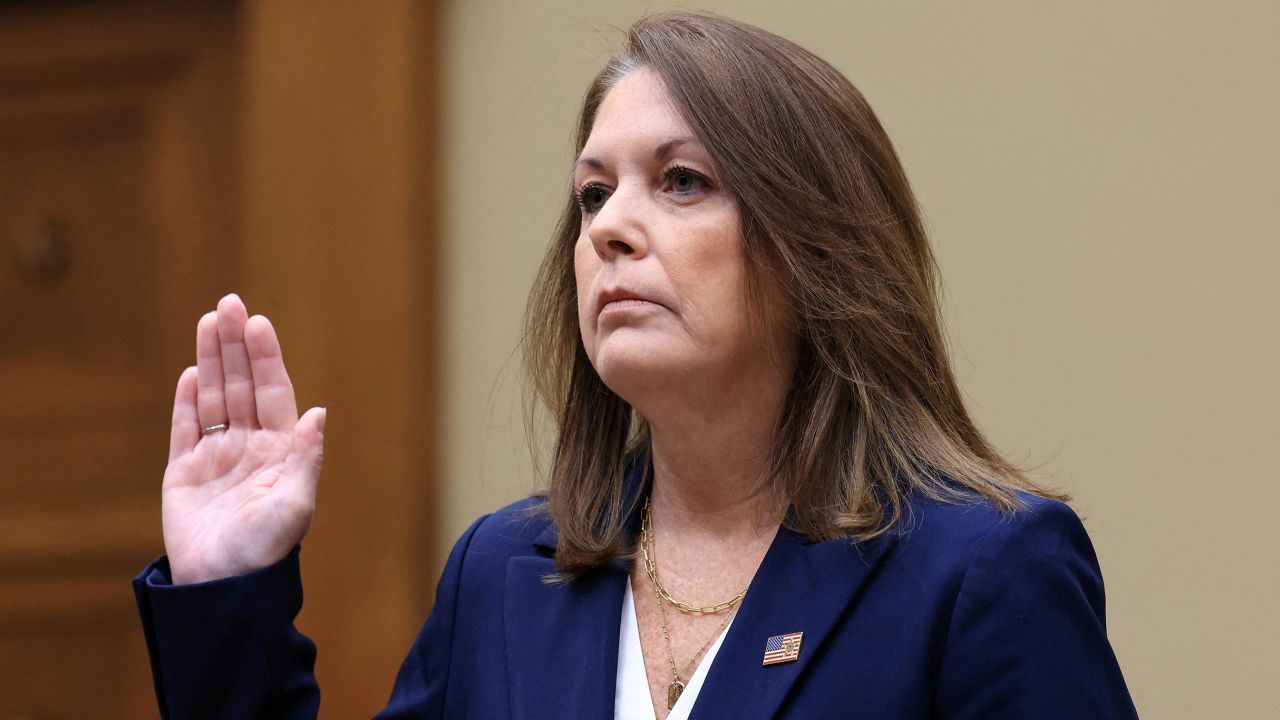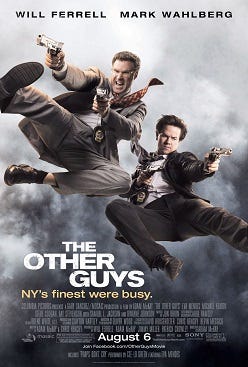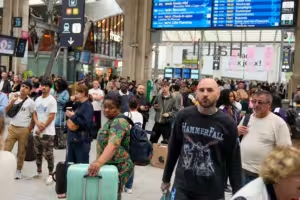How is the quality of life in your neighborhood. If you are living in a city in the United States, there is a good chance you don’t think it is as good as it used to be. I’m not talking about inflation or the value of your 401K, those are issues beyond my expertise. What I do mean is the quality-of-life issues that frame the broken windows theory of policing. You may remember broken windows. It was the part of the basis of the policing revolution led by Bill Bratton in the early 1990s. Broken windows and quality-of-life enforcement asks the police to help maintain the societal norms that the citizenry expects. It’s a great collaborative approach and it worked.
If you go to a police community meeting in any large city, quality of life is often the main topic on the agenda. It’s not the topic the police are bringing up. It’s the topic that the concerned community members, the involved citizenry, the people who care, bring up. They talk about people smoking marijuana in their buildings, loud groups drinking on the sidewalk, chronic homeless issues in and around their buildings. They want to know what the police are doing about it.
Unfortunately, more and more frequently the answer is that the police are no longer able to fix these problems. A large part of that inability to fix quality of life problems is the fault of our government and courts system.
In Los Angeles homeless encampments seem omnipresent. That might be because in 2019 the liberal 9th Circuit Federal Court allowed homeless to live on the sidewalk unless the local municipality could immediately provide a bed and shelter. The Los Angeles City government had no way to provide beds for the estimated 66,000 homeless living on the street, thusly much of LA looks like a scene from a never-ending dystopian Woodstock Festival. Disease and drugs are encroaching on the rights of the citizenry to enjoy their city safely.
In Oregon, homeless disorder has reached epidemic proportions, with over 200 homeless Oregonians dying in the streets in 2022 alone. Citizens of Portland are moving out of the city to get away from the unsanitary conditions that arise from thousands using the streets as a public restroom. Car break-ins are endemic. In 2021 the Oregon Senate passed a bill that allowed homeless to pitch tents on public property. That is sending quite a message to the average citizen.
In New York City, the local government de-criminalized open containers and public urination. Cops can only ask politely for ID and write a civil summons in many cases. It put cops on the defensive to enforce many of these toothless laws. In Manhattan, DA Bragg won’t prosecute theft of service in the subway system. Because of that, turnstile jumping is rampant. The effects of that policy are seen in our headlines daily, with random assaults and shooting up throughout the subway system.
In 2021, after a federal court order, the Philadelphia Police were forced to create a new policy on quality-of-life crimes. Instead of arrest or summonsing offenders, the police were required to request that the individual stop engaging in activity such as public urination. The offender is free to leave at any time. Enforcement will not be taken if the activity ceases. How do you think Philadelphia Police feel about engaging with those restrictions. The answer is clear. Philly is short 1,300 cops and that shortage is expected to increase dramatically.
In the early 1990s Bill Bratton made name for himself as the head of the New York City Transit Police by arresting fare evaders. He took the positive effects of this broken windows enforcement and later brought it to the entire city. NYPD cops engaged people who were disrupting the quality of life of law-abiding citizens. Squeegee men were removed. Outdoor dice games no longer led to shootings. Three card monte fraudsters were arrested before they could commit a robbery. New York City thrived. Population increased as crime reached unimagined lows. Faith in the NYPD dramatically increased. Other cities adopted these strategies to great effect.
The reverse is happening today. Crime is up. Random attacks are up. People are scared. The mentally ill have no boundaries and no help. Progressive cities are losing population and crime is skyrocketing. Policies like the ones listed here are greatly unpopular and complete failures, yet they continue.
This is not what the people want. Allowing vagrants to use drugs in public, sleep on a freezing sidewalk, living is diseased squalor is not kind. It is not humane. It is not helping. We need to demand that politicians create effective policies, not chaos. Might we need to improve our judicial system so that help is offered instead of punishment in some cases? Definitely. But implementing policies that show no improvement is farcical. Allowing disorder to reign supreme is leading to the civic failures we see in many of our cities. People on all sides of the political spectrum should work together to demand effective government, not ideological non-sense.

